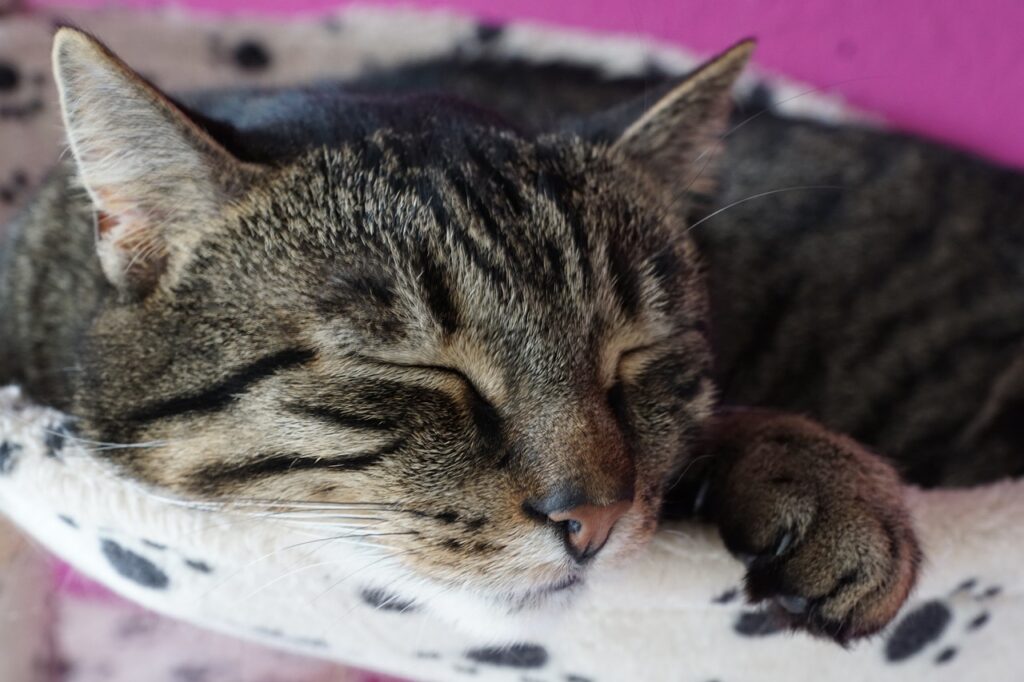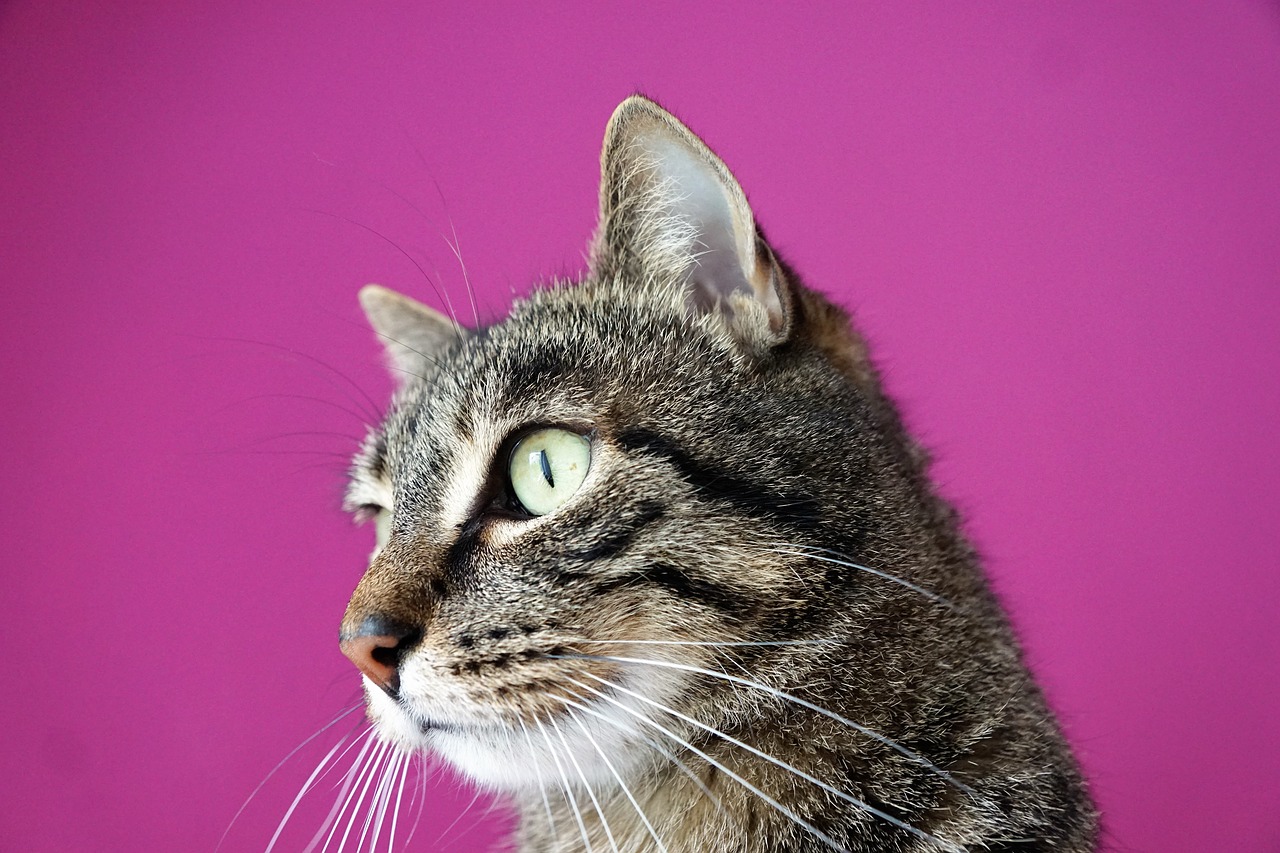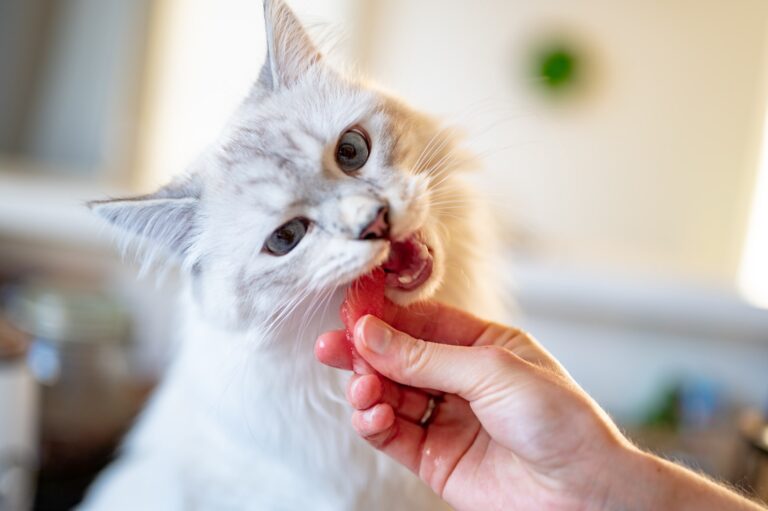What Can I Give My Cat For Pain After Shots?
Cats are a beloved member of the family and you can’t watch them in pain. Most vaccines for cats are extremely effective but many kitties experience mild pain after shots. The injection site is usually painful for up to 24 hours after shots.
Vaccines usually contain a slight portion of either a weakened or dead virus. This activates the cat’s immune system to start producing antibodies for that virus. If your cat actually contracts the virus, its immune system will immediately recognize it and release antibodies to fight it.
Cats usually experience pain after shot due to three main reasons:
- Actual physical trauma caused at the injection site
- Allergic reactions
- Vaccine side effects
How can I comfort my cat after shots?
Pain and vaccine reactions in cats can occur within minutes or hours after vaccination. In the first few hours after getting their shot, cats are particularly sensitive to the pain around the injection site. It’s especially evident if your vet inserted the needle into the cat’s muscle.
There are a few things that you can do to help your feline buddy feel more comfortable.
- Provide your kitty with a warm and cosy place to relax and rest. Don’t force them if they wish to rest somewhere else.
- Make sure that your feline companion has access to water and its favourite food. Don’t be alarmed if your kitty is not very hungry.
- Avoid patting or playing with your cat as it may wish to be left alone. Your cat will come to you for attention when she feels like it.
- Check on your cat every so often, just to make sure it’s comfortable. Don’t try to disturb or bother them.
Persistent pain at the injection site can be managed with common pain medication.
There are many over-the-counter medications that a vet may recommend in small doses. Typically, the best options are those specially formulated for cats. They can certainly be useful to relieve pain.
Human over-the-counter pain killer medications, such as Ibuprofen, Tylenol, and Aleve, are toxic to cats even in small amounts. These pain killers might develop blood clotting issues, stomach ulcers or kidney damage, or can be fatal for cats.
Some people give their feline members baby aspirin. This is also not recommended as aspirin can cause severe kidney and liver damage in cats.
Why is my cat in so much pain after shots?
It is normal for cats to experience mild side effects after shots. These after effects include:
- Temporary soreness and redness at the injection site
- Fever
- Lethargy
- Lack of appetite
- Hives
- Vomiting or diarrhea
These side effects generally pass within 24-48 hours after shots. Pain due to an injection usually passes after a few hours. If soreness persists for longer, you should contact your vet to discuss pain relief options.
Some kitties might experience skin irritation or swell at the site of injection. This should pass within 2 days. If you notice the swelling is not reducing or is getting worse, you should speak to the vet. Swelling and skin irritation are indicators of infection and your cat may need antibiotics.

How to tell if my cat is in pain after shots
Cats are great at hiding pain until the problem is serious. There are a few tell-tale signs that your cat may be in pain:
- Avoid touch, particularly around the injection site
- Whimpering or whining
It is normal for cats to exhibit these behaviours for a few days after getting their shot. If these symptoms persist after one week, you should talk to your vet.
Is there anything safe to give my cat for pain?
Persistent pain at the site of injection can be treated with common pain medication for cats.
Diphenhydramine or Benadryl is an antihistamine used to relieve the symptoms of allergies. They work by reducing swelling and soreness. A dose of 1mg per pound of body weight is safe for cats.
Pet drug companies have worked hard to produce medications that block pain and inflammation while having no impact on other important organs and their functions.
The painkillers for cats have been formulated to relieve pain, inflammation and fever in cats, without blocking COX-1 prostaglandins. With these painkillers, your cat is not at risk of developing blood clotting issues, stomach ulcers, kidney damage, or liver damage.
Pet parent tip: Before vaccination, tell your vet if your cat has had any previous vaccine reactions.
How long are cats sore after vaccines?
Cats may show a mild response and look off-color for a day or two. This is considered quite normal. You may notice that they resist being handled, have a lack of appetite, and just want to lie around and rest. This is because the cat is uncomfortable due to pain at the injection site.
Pet parent tip: If you suspect your kitty is experiencing any ill side effects from her vaccine, talk to your vet immediately. He will determine whether any special care is required.
Final thoughts
Vaccines save countless lives and prevent devastating infectious diseases from threatening your kitties.
Keep in mind that pain after vaccination is nothing to be alarmed about. If the response to the vaccination appears more serious or your cat has not recovered within 48 hours, please do not hesitate to talk to your vet for advice.
Always consult your vet before giving your cat any human pain relief medication. Counting on word of mouth from other pet parents is dangerous. Every cat is different and your kitty may not be able to tolerate the ingredients in human pain relief medication.
If you have any comments, please do let us know. We would be happy to hear from you.
Also read, Can cats eat cheese?





